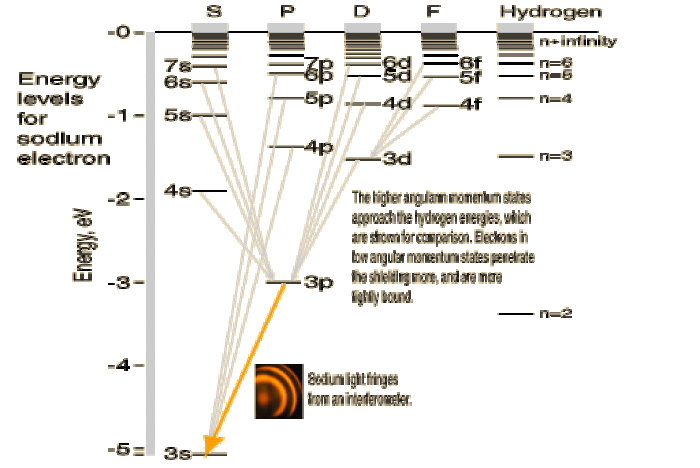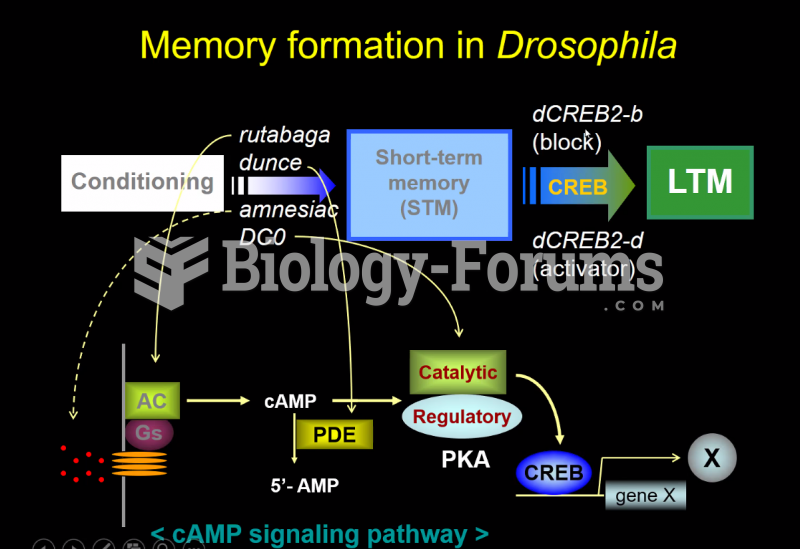|
|
|
The first oral chemotherapy drug for colon cancer was approved by FDA in 2001.
Disorders that may affect pharmacodynamics include genetic mutations, malnutrition, thyrotoxicosis, myasthenia gravis, Parkinson's disease, and certain forms of insulin-resistant diabetes mellitus.
The first documented use of surgical anesthesia in the United States was in Connecticut in 1844.
A cataract is a clouding of the eyes' natural lens. As we age, some clouding of the lens may occur. The first sign of a cataract is usually blurry vision. Although glasses and other visual aids may at first help a person with cataracts, surgery may become inevitable. Cataract surgery is very successful in restoring vision, and it is the most frequently performed surgery in the United States.
Earwax has antimicrobial properties that reduce the viability of bacteria and fungus in the human ear.







